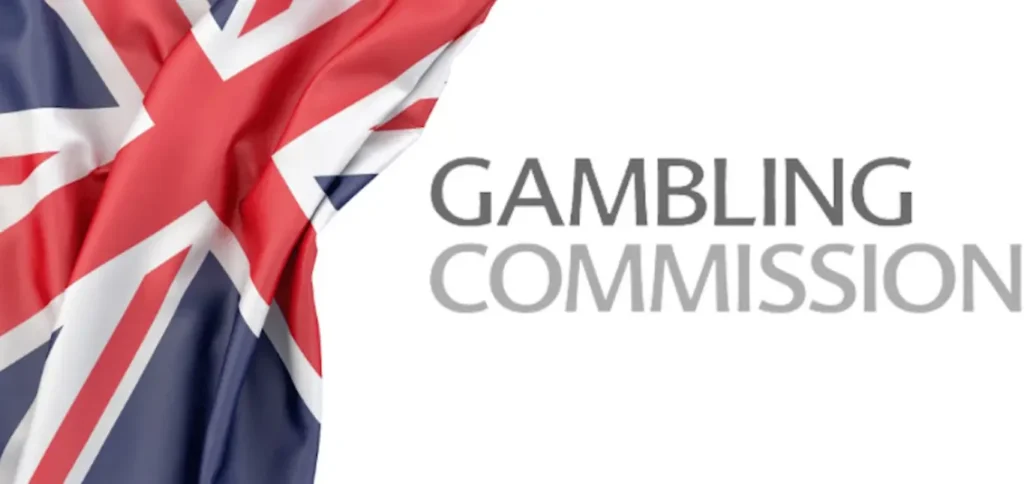
Online Operators to Pay Highest Share in £100M Harm Prevention Fund
The UK Gambling Commission has officially outlined the statutory levy rates each licensee must pay to support the country’s gambling harm prevention efforts. This follows the government’s goal to raise £100 million annually, a major part of the 2023 Gambling Act white paper reforms.
The new levy came into effect on 6 April 2024, replacing the previous voluntary funding system. Speaking in February, gambling minister Baroness Twycross called the levy a “huge step forward” to reduce problem gambling.
Levy Rates by Liecense Type
Online operators face the highest rates under the new system. Most remote gambling licensees will pay 1.1% of gross gambling yield (GGY). These include remote casino, bingo, and betting operators, as well as gambling software providers.
In contrast, land-based operators will pay lower rates:
- Casinos (1968 or 2005 Act): 0.5%
- Betting shops: 0.5%
- Bingo halls: 0.2%
- Adult Gaming Centres: 0.2%
- Family Entertainment Centres and lotteries: 0.1%
The levy also applies to gaming machine technical licences, both remote and non-remote, at 0.1%.
How the Levy Will Be Calculated
The Gambling Commission explained that each operator’s levy amount will depend on GGY and total sales, minus prizes and charity allocations. Licensees must submit accurate data through Regulatory Returns, as errors could alter the final levy bill.
Payment Timeline and Penalties
Operators must wait for an official invoice before paying. The first invoices go out on 1 September 2024, with payment due by 1 October. The levy will then follow an annual billing cycle, tied to the UK tax year starting each April.
Failure to pay could lead to liecense revocation.
Concerns Over Industry Influence
Some researchers have raised concerns about the industry’s role in shaping the research funded by the levy. Professor Sam Chamberlain from the University of Southampton noted that many credible researchers previously avoided gambling-related funding due to ethical concerns.
Despite past criticisms, the government and regulators believe the new levy creates a more transparent and consistent funding model to tackle gambling harms effectively.



